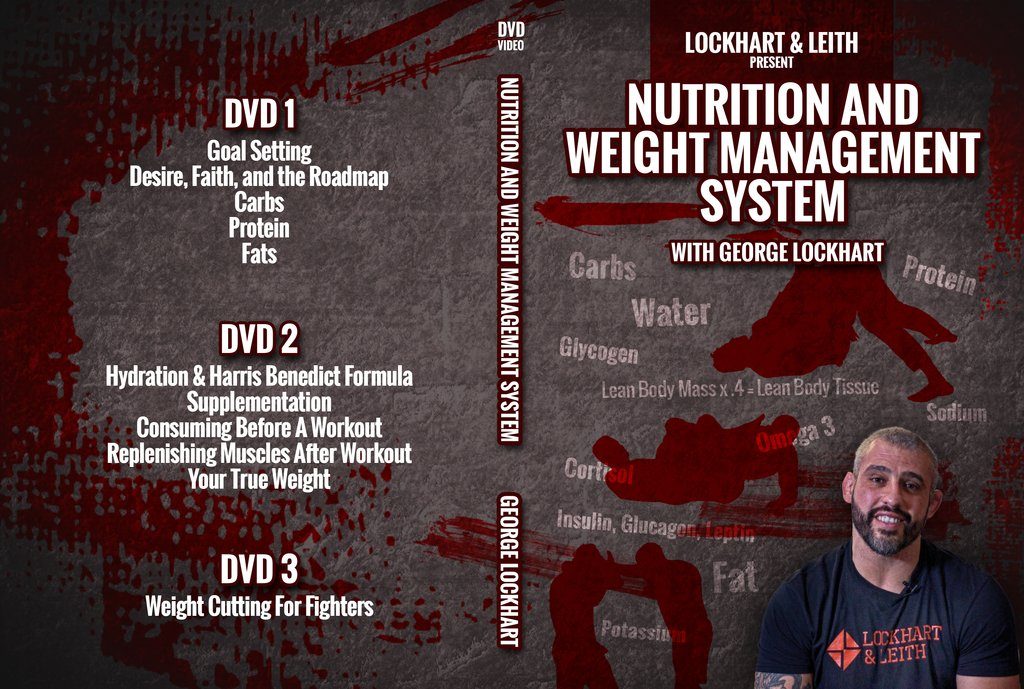
What exactly is testosterone, as a main male hormone, doing to our body?
Testosterone boosts muscle size, improves memory, sharpens the sex drive, and increases energy levels… This sounds like a wonder anti-aging cure for men in adulthood. Testosterone is a strong hormone, but care must be exercised.
Testosterone treatment has been used for years in the treatment of hypogonadism (abnormally low testosterone levels) and has recently been given to healthy men to maintain optimal testosterone levels throughout life.
Testosterone levels drop naturally as men age
The body of a man in his fifties begins to produce less testosterone, the major male sex hormone that maintains muscle mass and strength, fat distribution, bone density, sperm production, sex drive, and potency. Many refer to this testosterone drop as “male menopause” or “andropause,” implying that it is similar to menopause in women. Testosterone levels fall in most males but still remain within acceptable ranges without creating any apparent issues.
Testosterone deficiency has a wide range of harmful effects on the body, including:
- energy drop
- Muscle mass and strength reduction
- Decline in cognitive skills
- The decrease in sexual interest and potency is caused by the deprivation of testosterone.
- a bad mood
When symptoms of testosterone deficiency occur, just as with any other health issue, doctors and patients frequently choose the most apparent solution: a factory remedy. The doctor creates a prescription that the patient takes to the first pharmacy.
However, a significant number of medications, especially hormone therapies, often have unfavorable effects on the organism’s health and performance. We’ve already covered the numerous benefits of testosterone in men’s bodies and brains, as well as the potential risks.
- Benign prostate growth is stimulated by this hormone: a laboratory control of PSA is necessary (PSA testing must be done under controlled conditions);
- Gynecomastia and breast augmentation are two of the most frequent reasons for male breast reduction. (Before beginning therapy, examination your chest to determine if you have gynecomastia.)
- Limited sperm production (infertility); Causes or worsens sleep apnea.
- According to the American National Academy of Medicine’s Institute of Medicine, testosterone treatment is only beneficial for men who produce little or no male sex hormone testosterone. In healthy guys, there have been no reported benefits of long-term testosterone use, and IOM does not recommend that doctors use hormones to prevent or relieve the physical and psychological effects of aging.
What is the best way to boost testosterone levels naturally?
We always return to the basic principles of longevity: altering one’s life habits, adopting a healthier diet, and avoiding the harmful effects of the environment…
- Weight reduction is not usually advised until you are prepared to engage with a more structured program. In contrast, it is better to begin losing weight gradually than too quickly or in large amounts. Weight reduction causes estrogen and testosterone imbalances as well as other health problems.
- Eat more almonds, peanuts (“Nuts are beneficial to your nuts”), and other types of nuts. Men with higher testosterone levels consumed more monounsaturated fats, according to research;
- Avoid alcohol;
- To produce testosterone, the body requires a regular supply of calories; therefore, eat food on a daily basis and do not skip meals.
- Avoid a low-carbohydrate, high-protein diet since it lowers testosterone production. The fat content should be around 30 percent (testosterone is made in the body from “good” cholesterol).
- Do not sleep less than 7-8 hours each day, as it has an impact on morning cholesterol levels;
- Morning sex is an excellent method to keep a good level of testosterone throughout the day.
- Physical exercise that mobilizes big muscle groups increases testosterone levels, but don’t overdo it. Testosterone levels drop by as much as 40% in extreme physical effort.


![Darce Choke Encyclopedia – Origins, Mechanics and Variations [2025] BJJ, choke, Brabo, BJJ Darce Choke, D'arce Choke, Darce BJJ Choke](https://bjj-world.com/wp-content/uploads/2017/11/JungPoirierLeeYahoo-218x150.jpg)












![Neil Melanson DVD Bundle Review: Filthy Brutal No Good Attacks [2024] Neil Melanson DVD Bundle Review: Filthy Brutal No Good Attacks](https://bjj-world.com/wp-content/uploads/2024/10/neil-melanson-dvd-bundle-review-filthy-attacks-324x235.png)
![Reverse De La Riva System Mikey Musumeci DVD Review [2024] Reverse De La Riva System Mikey Musumeci DVD Review](https://bjj-world.com/wp-content/uploads/2024/11/reverse-de-la-riva-system-mikey-musumeci-dvd-review-100x70.png)
![Underhooks With Uncle Jeff Glover DVD Review [2025] Underhooks With Uncle Jeff Glover DVD Review](https://bjj-world.com/wp-content/uploads/2025/02/underhooks-with-uncle-jeff-glover-dvd-review-100x70.png)
![Slip N Slide Into Victory Julián Espinosa DVD Review [2025] Slip N Slide Into Victory Julián Espinosa DVD Review](https://bjj-world.com/wp-content/uploads/2025/01/slip-n-slide-into-victory-julian-espinosa-dvd-review-100x70.png)
![Reverse Armlock Magid Hage DVD Review [2024] Reverse Armlock Magid Hage DVD Review](https://bjj-world.com/wp-content/uploads/2024/12/reverse-armlock-magid-hage-dvd-review-100x70.png)
![Compass Kneebar System Charles Harriott DVD Review [2024] Compass Kneebar System Charles Harriott DVD Review](https://bjj-world.com/wp-content/uploads/2024/11/compass-kneebar-system-charles-harriott-dvd-review-100x70.png)
![Advantage Over Time Outside Passing Jozef Chen DVD Review [2025] Advantage Over Time Outside Passing Jozef Chen DVD Review](https://bjj-world.com/wp-content/uploads/2025/03/outside-passing-jozef-chen-dvd-review-100x70.png)
![Xanadu Back Takes Levi Jones-Leary DVD Review [2025] Xanadu Back Takes Levi Jones-Leary DVD Review](https://bjj-world.com/wp-content/uploads/2025/03/xanadu-back-takes-levi-jones-leary-dvd-review-100x70.png)



![Total Domination Top Control Mariusz Domasat DVD Review [2024] Total Domination Top Control Mariusz Domasat DVD Review](https://bjj-world.com/wp-content/uploads/2024/09/domination-top-control-mariusz-domasat-dvd-review-100x70.png)
![Gracie Secrets Closed Guard Kyra Gracie DVD Review [2024] Gracie Secrets Closed Guard Kyra Gracie DVD Review](https://bjj-world.com/wp-content/uploads/2024/12/closed-guard-kyra-gracie-dvd-review-100x70.png)

![Collar Sleeve Guard Mikey Musumeci DVD Review [2024] Collar Sleeve Guard Mikey Musumeci DVD Review](https://bjj-world.com/wp-content/uploads/2024/12/collar-sleeve-guard-mikey-musumeci-dvd-review-100x70.png)



![Just Pass Jay Rodriguez DVD Review [2024] Just Pass Jay Rodriguez DVD Review](https://bjj-world.com/wp-content/uploads/2024/11/just-pass-jay-rodriguez-dvd-review-100x70.png)
![Darces From Everywhere Kade and Tye Ruotolo DVD Review [2024] Darces From Everywhere Kade and Tye Ruotolo DVD Review](https://bjj-world.com/wp-content/uploads/2024/10/darces-from-everywhere-kade-and-tye-ruotolo-dvd-cover-100x70.png)
![Flow Pressure Kauan Barboza DVD Review [2025] Flow Pressure Kauan Barboza DVD Review](https://bjj-world.com/wp-content/uploads/2025/02/flow-pressure-kauan-barboza-dvd-review-100x70.png)


![Reverse Arm Bar System Andrew Kerfoot DVD Review [2024] Reverse Arm Bar System Andrew Kerfoot DVD Review](https://bjj-world.com/wp-content/uploads/2024/10/reverse-arm-bar-system-andrew-kerfoot-dvd-review-100x70.png)

![Higher Tripod Passing Craig Jones DVD Review [2025] Higher Tripod Passing Craig Jones DVD Review](https://bjj-world.com/wp-content/uploads/2025/02/higher-tripod-passing-craig-jones-dvd-review-100x70.png)


